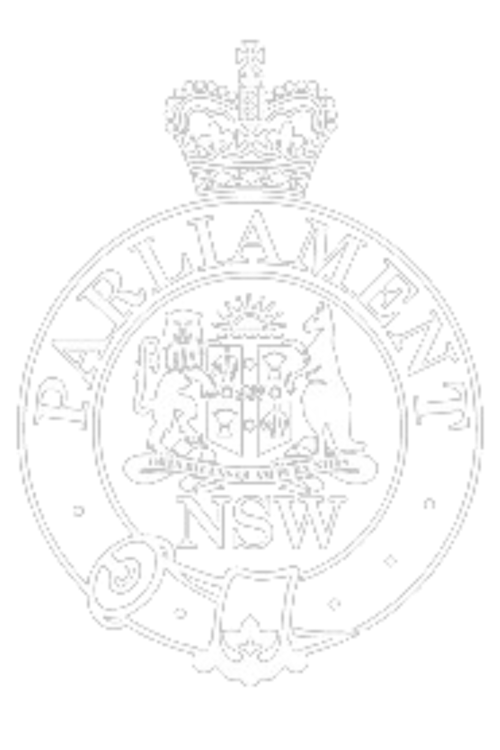Ms CHARISHMA KALIYANDA (Liverpool) (21:47): The unrest in the Balkan region of Europe upon the dissolution of the former Yugoslavia in the 1990s led to a wave of refugees settling in Australia. Many members of those communities have come to call Liverpool home. My electorate is home to many Australians of Serbian, Bosnian, Croatian, Montenegrin, Macedonian and Slovenian descent. These communities have enriched Liverpool and contributed immensely to its fabric. As we celebrate and mark Refugee Week this week, I share a message from Liverpool's Bosnian community, who have asked me to speak on their behalf in this place. The twenty-nineth anniversary of the Srebrenica massacre in 1995 will take place on 11 July 2024. Each year the Australian Bosnian-Herzegovinian Cultural Association holds a remembrance event to remember this tragedy, where over 8,000 people were killed. It is ordinarily a time of deep reflection for them, but this year it takes on an even deeper meaning.
This year the community will come together on the first official International Day of Reflection and Commemoration of the 1995 Genocide in Srebrenica, after the United Nations General Assembly officially designated 11 July as such. The tragic events in Srebrenica were in many ways one of the darkest chapters of the war that erupted after the breakup of the former Yugoslavia. In July 1995 Srebrenica, previously declared a safe area by the United Nations Security Council, was overrun. Some 8,000 people were killed and it resulted in the expulsion of over 20,000 people from the town. That event has been recognised as an act of genocide by the International Court of Justice as well as the International Criminal Tribunal for the former Yugoslavia.
Almost 30 years later, there still remain victims who have not been found or identified. The motion brought to the United Nations emphasises the need to identify those victims and afford them a dignified burial. The motion of recognition at the United Nations General Assembly was designed to honour victims and supporting survivors, many of whom continue to bear the scars of that awful time. I note the comment of the United Nations Special Adviser on the Prevention of Genocide:
The adoption of this Resolution constitutes an important milestone to honour and pay tribute to the victims of the Srebrenica Genocide, to the survivors and to their families.
I know that many in the Bosnian community in Liverpool were encouraged to see the Australian Government vote in favour of this resolution. The Bosnian community will continue to honour the victims from Srebrenica every year, on this now officially designated date. The motion is also about reaffirming the world's strong opposition to impunity for genocide, crimes against humanity, war crimes or other violations of humanitarian law. It is incumbent on States everywhere to end those atrocities when they see them and to seek sustainable peace, justice, truth and reconciliation. It is crucially important today that we remain vigilant regarding genocide around the world and that Australia calls out violations of humanitarian law when they occur. We can look at Liverpool to see reconciliation in effect.
As I mentioned earlier, the Liverpool electorate is the proud home of many Bosnians, Serbians, Croatians, Montenegrins, Macedonians and Slovenians. Despite the conflict between their nations of origin, there is a strong sense of camaraderie and friendship between all members of those communities as they navigate life in Australia. We value multiculturalism in this State and across our country. It is tempting to limit our appreciation of multiculturalism to exposure to an amazing array of diverse foods, festivals and other celebrations—to having fun. That is the easy part. Social cohesion is a precious and sometimes fragile thing, as events of this year have shown. The only path to genuine social cohesion is walking in the shoes of others, with curiosity and empathy, and consciously seeking to understand and bridge our differences. As we approach the thirtieth anniversary of the Srebrenica massacre, on behalf of the Bosnian community in my electorate I ask members to remember and reflect, so that we learn from the past and prevent such atrocities in the future.


